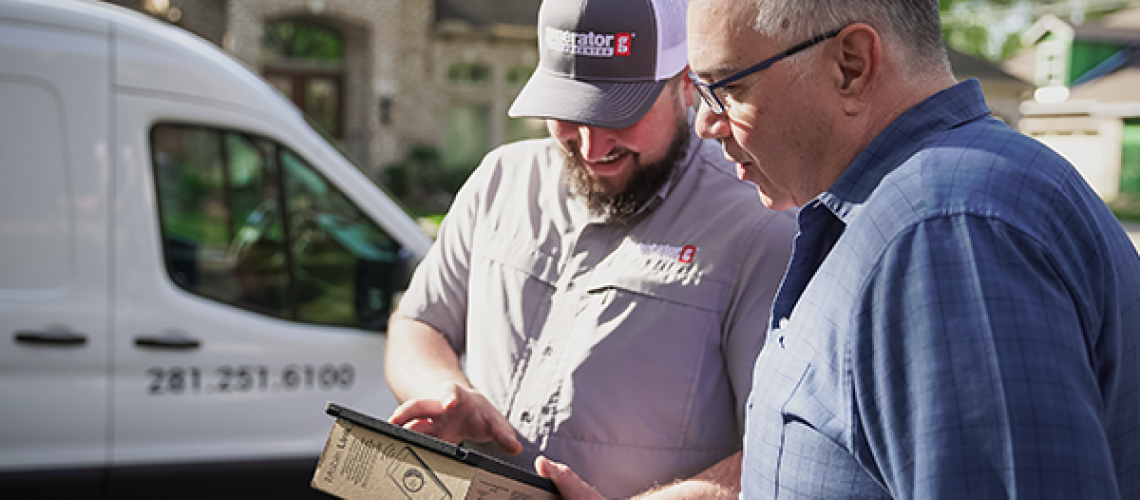One piece of equipment or machine you should know how to use properly is your generator. It’ll ensure that you can avoid dangerous mistakes or errors and that you can get it working effectively when you need it the most.
It’s about knowing what mistakes to avoid as well as how to operate it right for the ideal outcome. Here are some best practices for safe generator operation and how Generator Supercenter can be of assistance to you for installing, repairing, or maintaining your whole home generators.
Carbon Monoxide
One top hazard that may occur if you don’t know how to use your generator right is a carbon monoxide leak. It’s a poisonous gas that a portable generator contains. In fact, it can kill a person in little as five minutes so you need to follow a few best practices regarding this aspect.
For starters, never run it in an enclosed space or indoors. Some models come with a built-in CO detector, otherwise, get and use your own. Find fresh air immediately if you feel dizzy or sick while using your generator.
Electrocution
Another topic of discussion when it comes to your generator that is important to touch on has to do with electrocution. Generators propose this type of danger that you need to be aware of. To begin, you should keep your generator dry and under a canopy if possible. Never run your generator in your garage even if the garage door is open. Avoid running it in wet or rainy environments as well.
Follow the OSHA standards to ensure your generator is properly grounded and disconnect your home from the power grid before you run your generator. Never for any reason connect your generator directly to your home. Instead, plug the equipment you want to power into the generator using outdoor extension cables
Fire
You also need to take steps to protect yourself from a fire such as when gasoline is used. Always let your generator cool off before refueling it. Otherwise, you risk it catching on fire if it’s warm and gasoline leaks. Next, make sure your generator is kept on a level surface while it’s running. Either create a level space or don’t use the generator in the first place.
Additional Tips
There are also some miscellaneous and additional tips you should apply to keep yourself and your home protected and safeguarded. One is to perform regular maintenance on your generator. A best practice is to have a tune-up performed annually with a professional inspection. They can check for breaks, cracks, and leaks, and identify and replace any damaged parts.
Next, always have enough oil handy since these machines require an oil change about every 25-50 hours of operation. This could quite easily occur during an extended outage at your home. To avoid causing damage to it, shut down the generator before running out of gas. It can be troublesome and expensive to fix if the generator coils need to be drained because it ran until the gas was empty.
Reasons to Contact Us
There are many benefits to having a whole home or backup generator installed at your property. The most significant ones are that it will increase your home value and give you peace of mind. It’s not a project you want to tackle yourself so it’s important that you enlist professional installation services from a company such as ours here at Generator Supercenter.
It may be that you need a new generator installed or that you require maintenance on your current unit. Generator Supercenter can be a great resource to turn to during a time like these. We offer a variety of services you may want to consider using such as being able to properly install, maintain, and repair whole home house generators.
We encourage you to get in touch today to schedule an appointment. Our qualified and certified team is also always on standby and ready to answer any questions you may have about safe generator operation. All you have to do is reach out and we’d be happy to discuss this matter with you.
Conclusion
Losing power isn’t any fun and can cause you money and headaches. Therefore, you may want to consider getting a generator at your property. Once you have it, you need to learn how to properly use it. These are some of the top best practices for safe generator operation that you should know as a homeowner that has one or is looking to get one installed. Your safety is our top concern and we are always here to address any questions you have about operating your machine.







